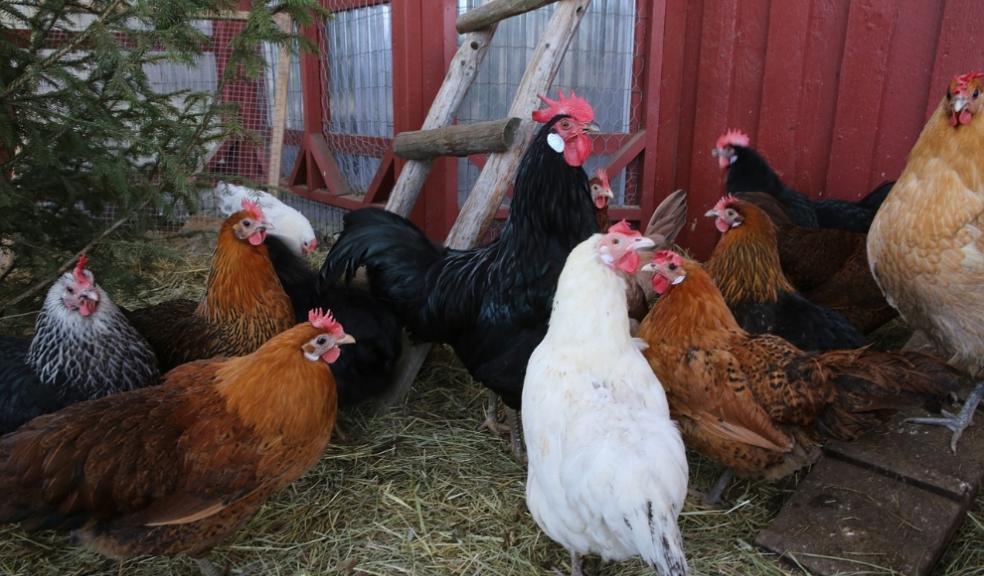
A Beginner’s Guide to Keeping Chickens: Everything You Need to Know
Raising back garden chickens has become an increasingly popular hobby among urban dwellers and rural residents alike. Whether you’re looking for a sustainable source of fresh eggs, natural pest control, or simply the joy of watching quirky birds scratch around your yard, chickens are an accessible and rewarding choice. Here's what you need to know to get started.
Why Keep Chickens?
Keeping chickens offers a range of benefits:
-
Fresh Eggs: One of the most obvious perks. Depending on the breed, a hen can lay 3–6 eggs per week.
-
Pest Control: Chickens love to eat insects, ticks, and even small rodents.
-
Fertilizer: Their manure is rich in nitrogen, great for composting and improving soil quality.
-
Education and Fun: They’re great for kids and adults to learn about animal care and food systems.
-
Self-Sufficiency: Chickens support a more sustainable lifestyle, whether you live in a city or on a farm.
Choosing the Right Chicken Breed
The breed you choose should depend on your goals and environment. Here are a few popular options:
-
Rhode Island Reds: Hardy, excellent layers of brown eggs.
-
Leghorns: Prolific egg layers, especially of white eggs.
-
Silkies: Friendly and ornamental, great for families with children.
-
Australorps: Known for their calm demeanor and reliable egg production.
-
Easter Eggers: Lay colorful eggs in shades of blue, green, and pink.
Housing Your Chickens: The Coop
A secure, clean, and well-ventilated coop is essential. Here’s what to include:
-
Space Requirements: Plan for at least 2–4 square feet per chicken inside the coop, and 8–10 square feet per chicken in the outdoor run.
-
Nesting Boxes: One box for every 3–4 hens is typically sufficient.
-
Perches: Chickens sleep on roosts at night, so give them enough space to perch off the ground.
-
Predator Protection: Use hardware cloth instead of chicken wire to keep out raccoons, foxes, and other predators.
Feeding and Watering
Chickens need a balanced diet for health and egg production:
-
Layer Feed: Contains the right mix of protein, calcium, and vitamins.
-
Kitchen Scraps: Chickens love leftovers, but avoid salty, sugary, or spoiled food.
-
Grit and Oyster Shell: Grit helps with digestion; oyster shell provides calcium for strong eggshells.
-
Fresh Water: Clean water should always be available and changed daily.
Daily Care Routine
-
Morning: Let the chickens out, check food and water, collect eggs.
-
Evening: Lock them safely in the coop.
-
Weekly: Clean the coop, replace bedding, and check for any signs of illness or parasites.
Health and Safety
Chickens are generally hardy, but some issues to watch for include:
-
Mites and Lice: Can be prevented with regular cleaning and diatomaceous earth.
-
Respiratory Illnesses: Good ventilation helps reduce the risk.
-
Egg Binding: A serious condition where a hen can't lay an egg—needs prompt attention.
Local Laws and Considerations
Before you start, check with your municipality or HOA. Many cities allow chickens but may limit flock size or ban roosters. Be a good neighbor by controlling noise, odor, and ensuring your flock doesn’t wander.
Final Thoughts
Keeping chickens is a fulfilling way to reconnect with nature, produce your own food, and gain a deeper understanding of sustainability. With a little planning and commitment, a small backyard flock can thrive and bring endless satisfaction to your life.
Ready to start your chicken adventure? Begin small, do your research, and don’t be afraid to ask fellow chicken keepers for advice. You’ll be surprised how quickly your chickens become part of the family.







